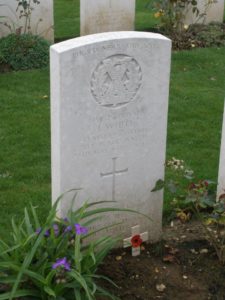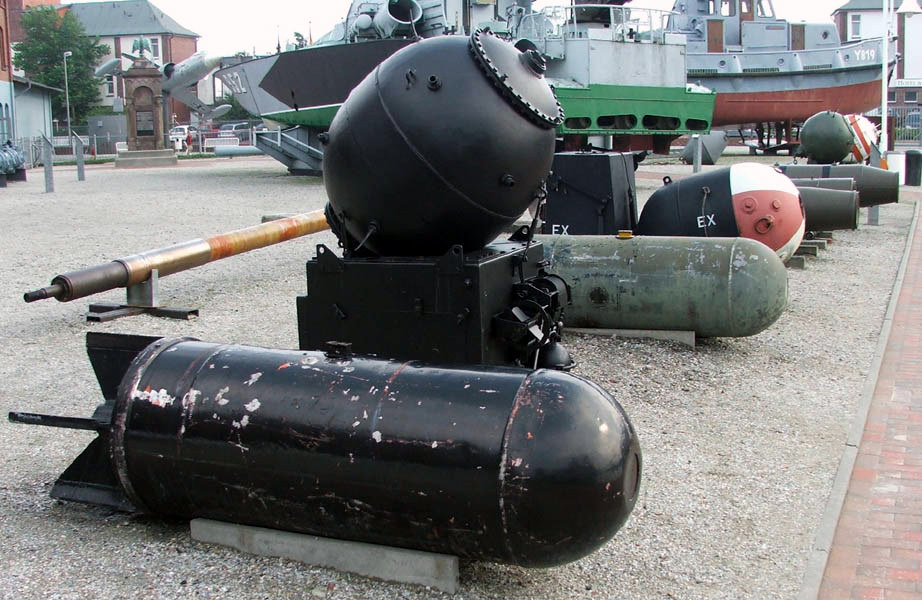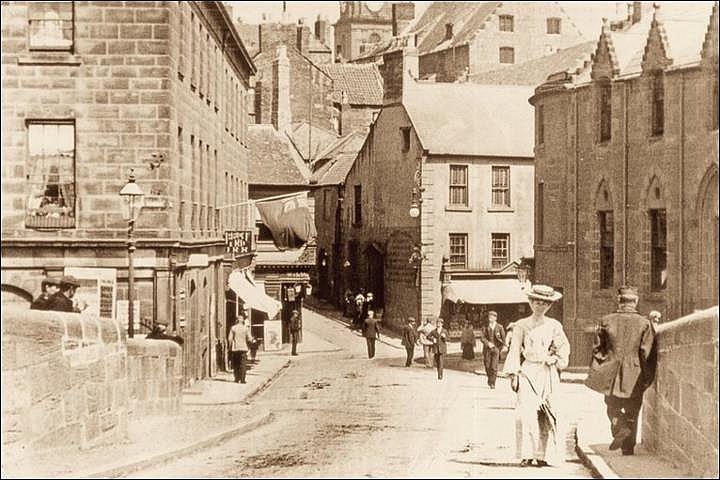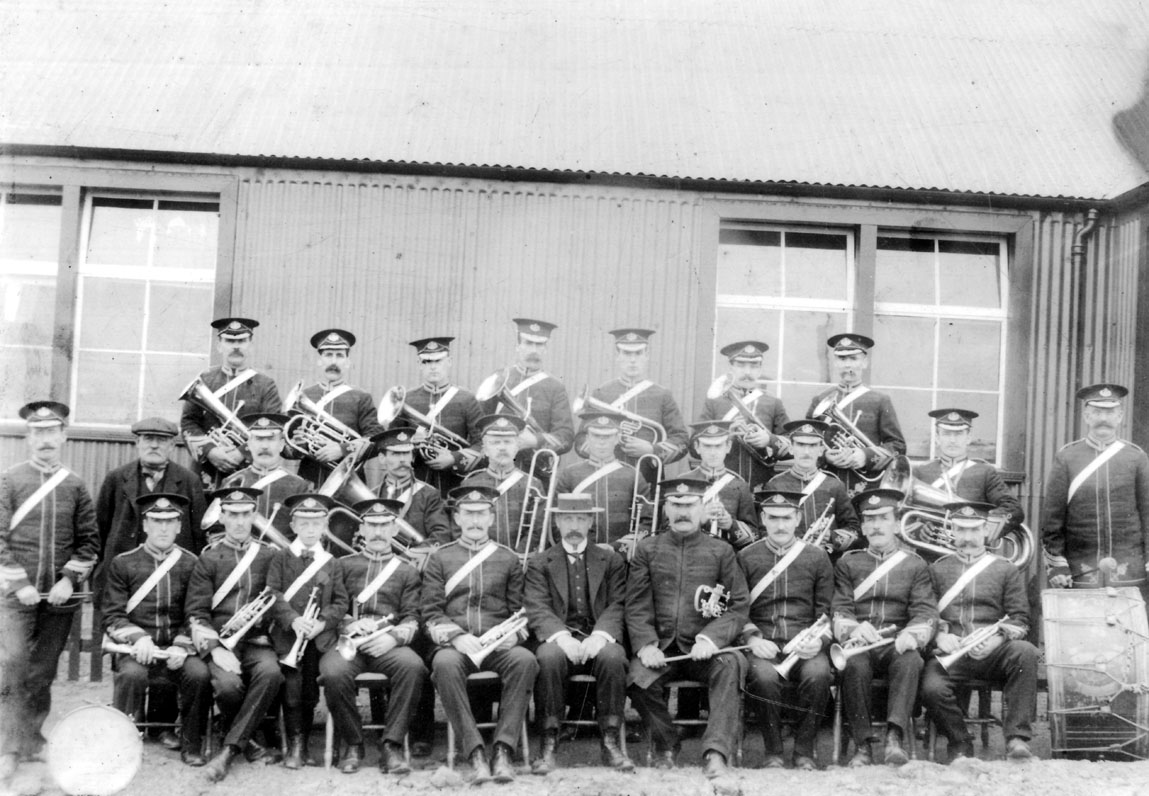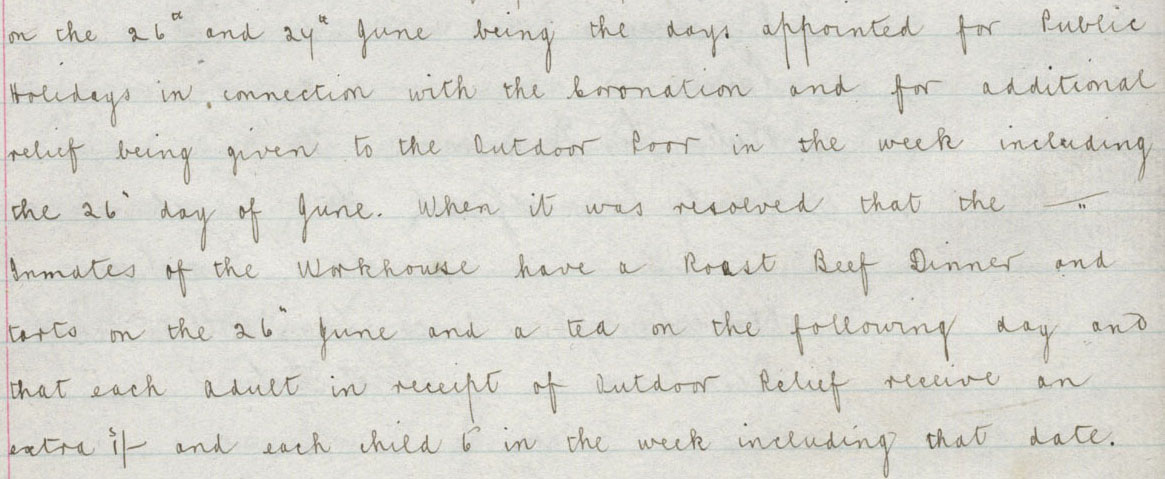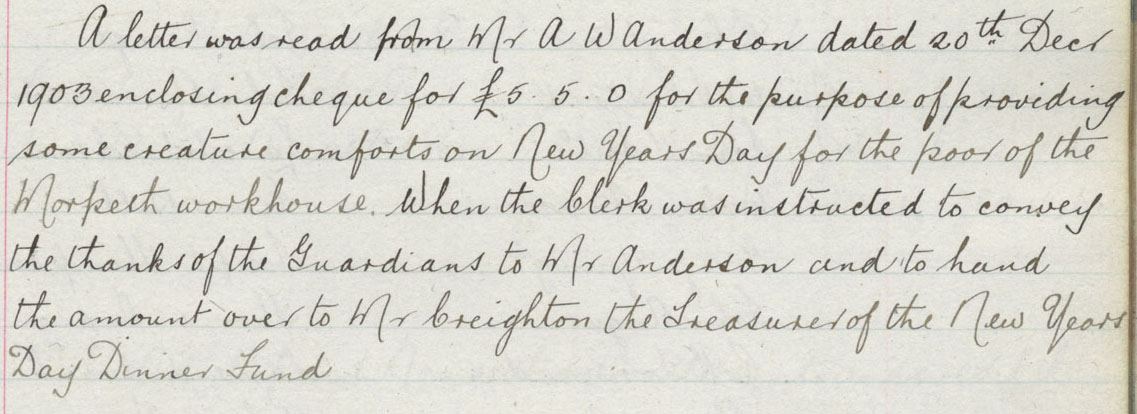James White was born in 1916 son of William James White and Mary Jane Chrisp of 113 Rosalind Street, Ashington. He was baptised on 4th January 1917 at Seaton Hirst St. John and went on to work at Woodhorn Colliery before joining the Army on the outbreak of the Second World War.
James enlisted in the 1st Battalion Tyneside Scottish (Black Watch) where he became Private James White, 4459525, and found himself in France during the retreat to Dunkirk in May 1940. It seems that the 1st Battalion had deployed as part of the British Expeditionary Force [BEF], and were tasked with the construction of airfields
[see http://www.tynesidescottish.org/history/ts-ww2]. As the German army advanced, the 1st Battalion formed a blocking position at Ficheux, near Arras, which they held for several hours, enabling many men to reach the Dunkirk beaches, before withdrawing themselves.
James didn’t make it home on the retreat and subsequent evacuation. He was reported as missing, and it wasn’t until 1942 that he was officially declared ‘Killed in Action’.
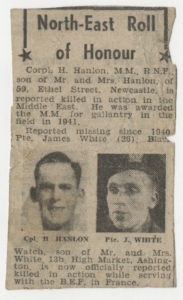
He died on 20th May 1940, aged 23 years, and was buried in Bucquoy Road Cemetery, Ficheux. His grave is one of 39 within the cemetery whose location could not be properly identified, so is marked ‘Buried Near This Spot’. The verse that was put on the gravestone is heartbreakingly apt:
A grave unknown
Across the sea
Is where our thoughts
Will always be
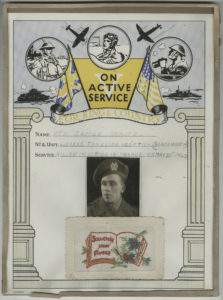
Sadly, James’ parents and siblings were never able to visit the grave, and the story of his service and subsequent death were shrouded in mystery. It wasn’t until his great niece searched for his name on the Commonwealth War Graves Commission website that the family finally began to unravel the stories that had been told. Although no-one in the family is alive who knew him, he is still remembered amongst the current generation who visit his grave regularly.
“They shall grow not old, as we that are left grow old:
Age shall not weary them, nor the years condemn.
At the going down of the sun and in the morning
We will remember them.”
Laurence Binyon, 1914


